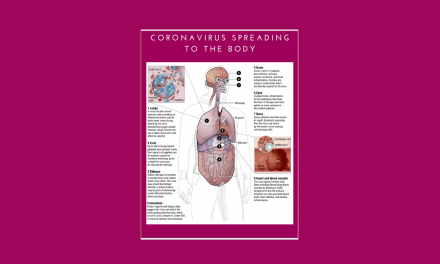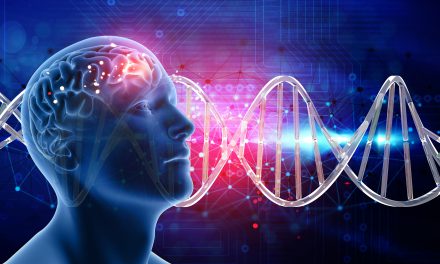When we talk about development, we often talk about children and adolescents learning from education, life experiences, and social interactions. Amongst these social interactions – encompassing friendship, peer pressures, and environmental stimuli – is love. Love from mothers and fathers, sisters and brothers, grandmothers and grandfathers, families and friends.
During the first three years of life, brain plasticity is at an all time high. After all, this is the time period during which the brain develops at the fastest rate as the child learns from new experiences and new stimuli that they are surrounded with. This period follows what is known as the “use it or lose it” principle, which essentially states that if children do not experience certain stimuli, including listening to language and people speaking, during this critical period, they will most likely lose the ability to perform similar behaviors in their life.
Emotional development follows this “use it or lose it principle.” If children are unexposed to certain emotions, they may be unable to express themselves in these ways emotionally in the future. One of these emotions is the emotion of love. The baby has an epigenetic predisposition to show love with parents or caregivers during their early years, and if this love is not met, the child’s ability to form healthy relationships based off of love will be impacted in the future.
There are neural damages that occur if children do not receive this aforementioned love and care during their first three years of life. Stunted left cerebral cortex growth leads to increased rates of depression, increased limbic system (emotional center) sensitivity leads to stress and hyper-anxiety, and damage to the hippocampus impairs learning and memory in the future. These are all neural malformations that occur due to a loss of love during childhood.
In the long-term, lack of love during childhood leads to an increased predisposition towards suffering from depression and a lack of motivation, behavioral changes that will be hard to reverse as the brain will never again be at a level of plasticity as it is during early childhood.
A lack of love during adolescence also has harmful effects. At a time of heightened self-consciousness, teenagers want reassurance that there are people who care for them and who are there to support them: validation from others is really important during this time. With imbalances between the prefrontal cortex and limbic system, a lack of hugs and a lack of love are more likely to leave a teenager feeling isolated and depressed which can have long term ramifications with heightened emotional volatility and impulsivity.
Ultimately, love is an important emotion that is important for all of us to not only demonstrate, but also to experience during our critical periods. Such positive emotions are necessary as they not only enable us to foster positive relationships in the future, but also guide us as adolescents as we continue to grow in an environment that leaves us feeling appreciated and special.





